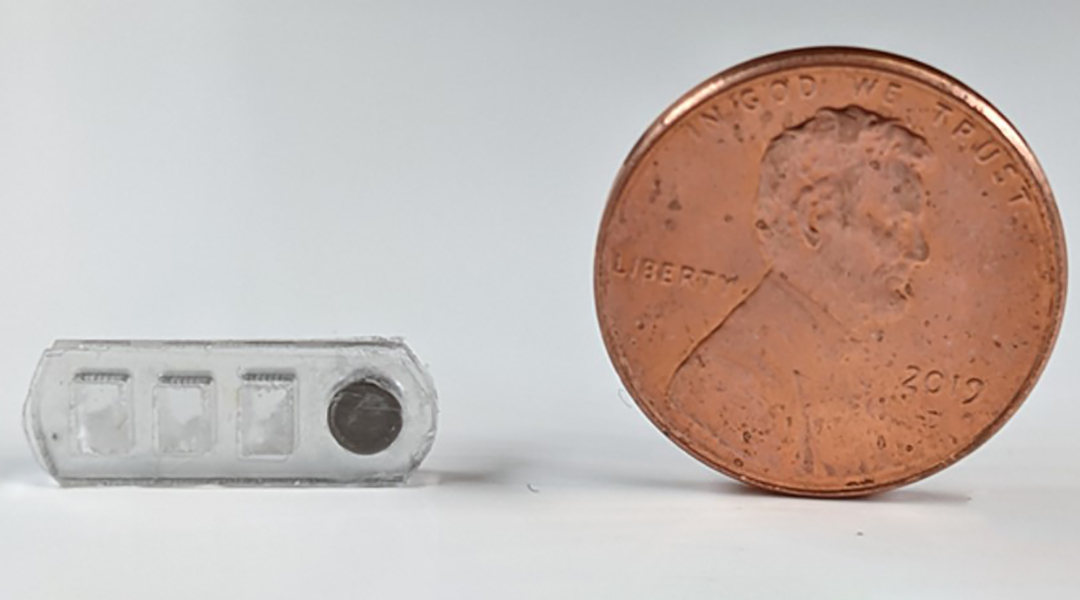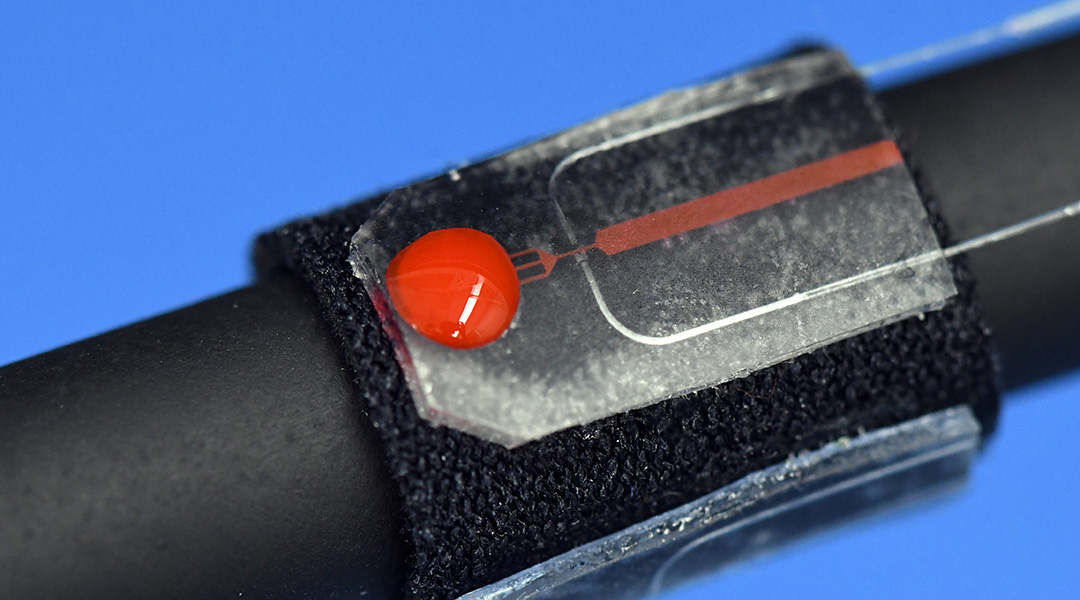An AI made from plasma learns to play tic-tac-toe using varying and controllable mixtures of gases, in a major step forward.


An AI made from plasma learns to play tic-tac-toe using varying and controllable mixtures of gases, in a major step forward.

Forcing robots to see through a human’s eyes is limiting. Smart robotic eyes that can think for themselves could be the answer.

A smart electronic nose that mimics the human nose with its millions of receptor cells and ability to differentiate smells.

An in-memory computing prototype provides a promising solution for edge computing systems to implement continual learning.

A robotic pill capable of collecting biomarkers, including proteins and bacteria, from the gut provides an easy-to-use disease screening tool.

A new proof-of-concept cancer therapy safely and accurately destroys cancerous cells with precisely delivered heat.

A miniaturized, tetherless needle offers a safe means of performing surgery, treating cancer, and performing diagnostic tests.

Memristor-based sensing devices generate biological-like electrical signals that mimic those found in the brain for better computing.

A new approach to in-memory computing proposes a new set up to create an artificial synapse that can both store and process data.

A new blood sensor utilizes miniaturized channels to monitor for accidental bleeding during colonoscopies.